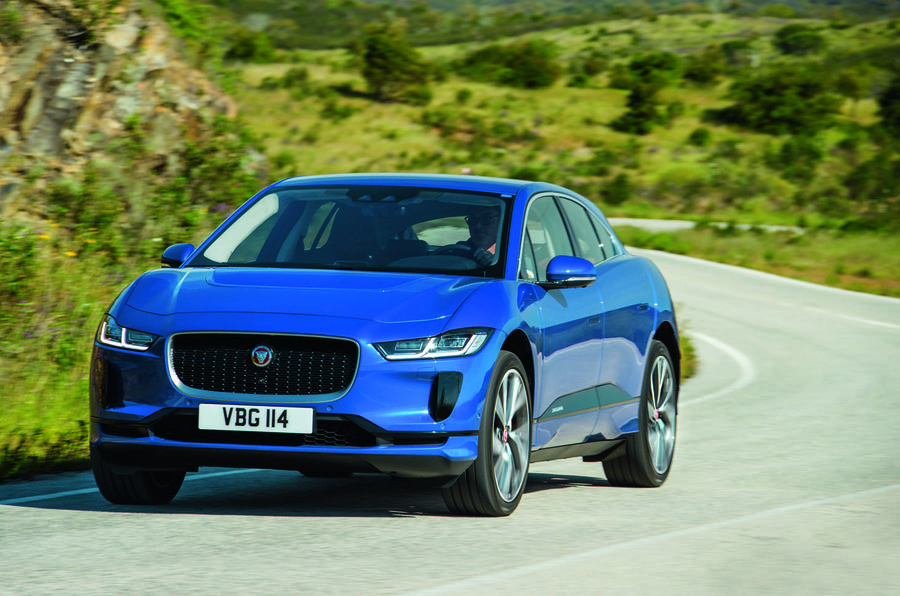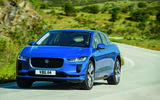The first half of 2019 has been unusually turbulent for the world’s car makers, and coming off the back of a solid 2018, the reverse into financial losses for some firms has been a surprise.
Weak sales in China can be blamed for some of the trouble, but concerns over global trade wars, Brexit, Dieselgate and anti-trust legal action in Germany are also factors.
Of the eight firms we looked at, five – BMW, Fiat Chrysler Automobiles, Ford, Nissan and PSA – made a profit in the second quarter or half year. But six of the eight recorded reduced profits, in some cases by a dramatic margin, such as Ford, Mercedes and Nissan.
It is worth noting that the April to June trading period for Japanese companies is called Q1, because their financial year ends in March, making their Q1 the equivalent of Q2 in the US and Europe.
Aston Martin’s woes are outlined here, but here’s our rundown of a selection of winners and losers.
BMW
Profit £1.86bn (-28.4%) | Revenue £23.4bn (+2.9%) | Sales 647,504 (+1.5%) (Second quarter figures)

Provisions for Dieselgate-related ‘anti-trust’ legal costs put a significant drag on profits at BMW, despite production hitting a record. The company also highlighted increased competition, launch costs for new models and higher R&D expenditure on electrification and autonomous driving. BMW still produced a significant profit in the quarter, but it “dropped sharply” in the company’s own words, and its margin reduced to 6.5% – lower than volume car maker PSA. BMW delivered 566k units (up 2.7%), Mini 89k (down 5.8%) and Rolls-Royce 1328 (up 36%). Although most car makers struggled in China, BMW Group sales increased 24% there. Europe remains difficult, though, with sales down 4%.
























Join the debate
Add your comment
We can’t keep blaming China ...
I do get frustrated that China is continually blamed. Sure it is a factor but only if you have a business model that is almost solely dependant in China ( eg jaguar Land rover). It’s no secret that their issues are simply they rely so heavily on Range Rover and Sport to make any money. Any money they do make is then spent on late Engineering or excessive warranty costs to get the things sorted.
BMW sure have deep pockets but they’re not actually having to dig into them to save themselves nor are PSA for that matter.
Lets just face facts, car ownership and desire is a changing race daily and you have to be nimble.
Winners and losers in UK
Winners and losers in UK market, yet it reads global...
What about the rest?
It would be interesting to see how some of the big names fare - what about GM, VW, Toyota, Hyundai / Kia, Honda, Mazda etc?